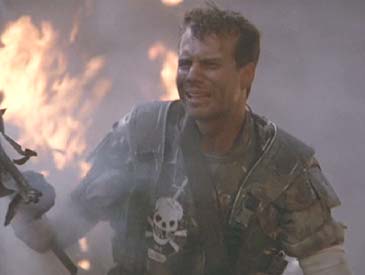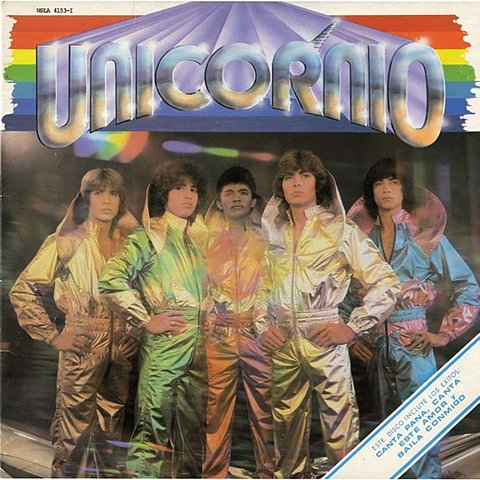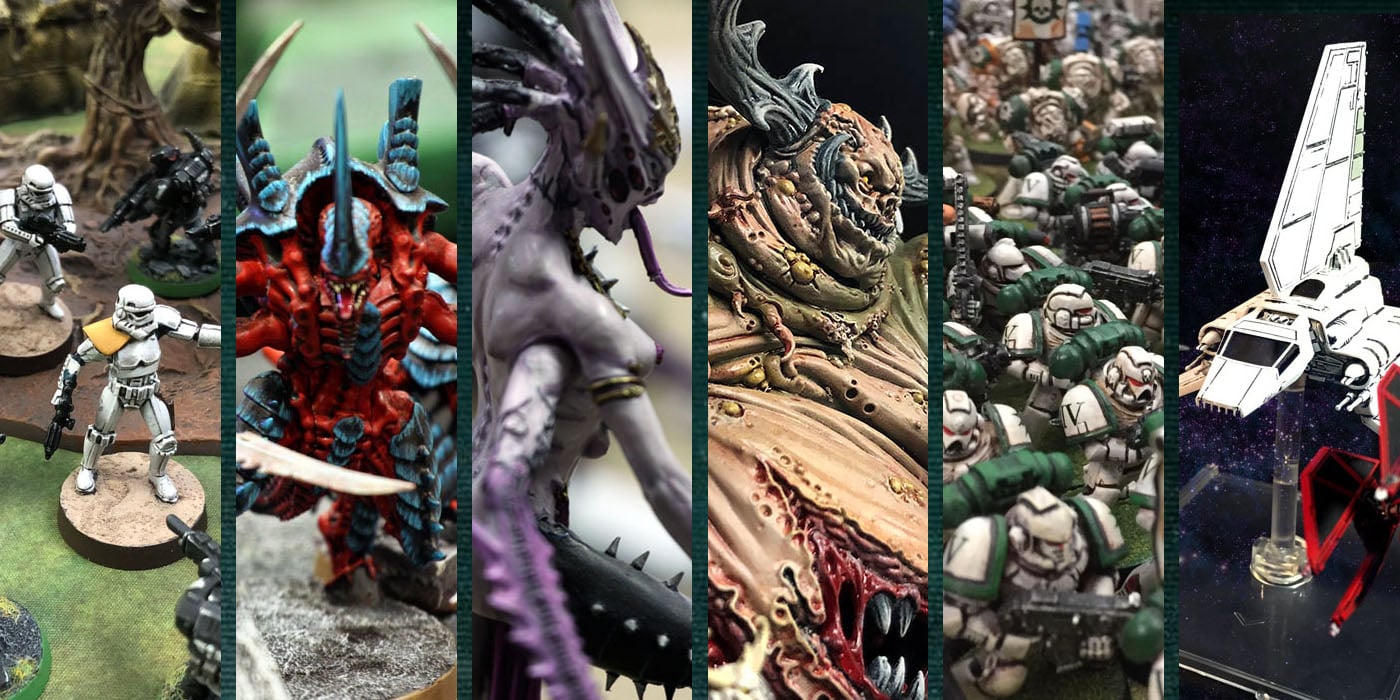Editorial: I Don’t Believe In ‘If’ Anymore

Wow! The 6th Edition rules have dropped into our collective lap! The Blogosphere is simply abuzz with well-meaning speculation, and before the wait well and truly began the wait is over!
Player A: I really like my new Storm Guardian squad! I have an idea of how to use it in my next game.
Player B: Don’t bother. If you take them, then my Heavy Flamer will take them out in one turn.
And then you get smacked over the head by a Manticore and wonder where all your Necrons went.
But the Manticore misses! My Necrons are safe!
One is only slightly less ridiculous than the other.
To be clear, I’m not trying to make fun of the reader – again, we’ve all played into the If-Then Variation – but his comment suffered from not really being all that useful.
Of course a large Necron Warrior unit would hate to see a few Manticores on the other side of the table! And that segues nicely into the next heading…
(Or something like that.)
Here’s a few thoughts… What’s the mission? What’s the setup? What type of army are you using? What type of army is your opponent using? Who has more experience? Who has first turn? Is it a tournament? What round of the tournament are you in? All of these factors and more have direct bearing on the outcome of a game.
You get the point. There is nothing so unlikely as the direct comparison. “This beats that,” leads to, “What about those?”
So is a discussion of units in 40K really like playing Paper-Rock-Scissors? I see your Necron Warriors and raise you a Manticore..? What’s next?
Player A: Your Manticore was a good play, but my Annihilation Barge has an open lane of fire to your Manticore and blasts it off the map.
Player B: If you were playing an Annihilation Barge then I would have had my Vendettas. Two of them. In a squad.
If? Then.
But I don’t believe in if anymore. There’s a greater interconnectedness than a direct comparison often allows.
The comments to an article, here at Bell or in any of the large forums, are at least as interesting as the article itself; you only have to take last week’s article, The Max in Min/Max, to see how true that is. Opposing opinions and constructive debate help sharpen one’s skill, either through defending one’s point of view or even abandoning a position to adopt a new paradigm.
Or maybe not, stubborn as we tend to be. Anyway, I’m not suggesting we shouldn’t disagree or make direct observations of different units, just that we ought to be more mindful of what’s not being said.
Also, someone who disagrees with you isn’t necessarily stupid. He or she may be, just not necessarily for the reasons you think.
On the other hand, sometimes you don’t need the details to realize something is pretty freakin’ terrible.
If’s an illusion! (Whew! I couldn’t resist… I’ve been waiting all article to top off my 70’s folk reference!)
Does any of this make sense or does it miss the mark altogether? And out of curiosity, has the If/Then Variation ever been played on you? What’s the most egregious example you can think of? Care to share?
Alternatively, do any of you law majors or debaters have a better explanation for how fallacies and faults in reasoning work?
So, thoughts? Comments? Hugs and gropings?









